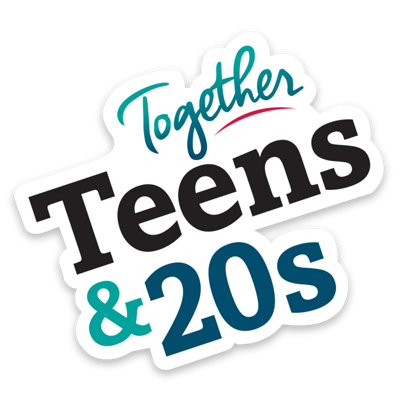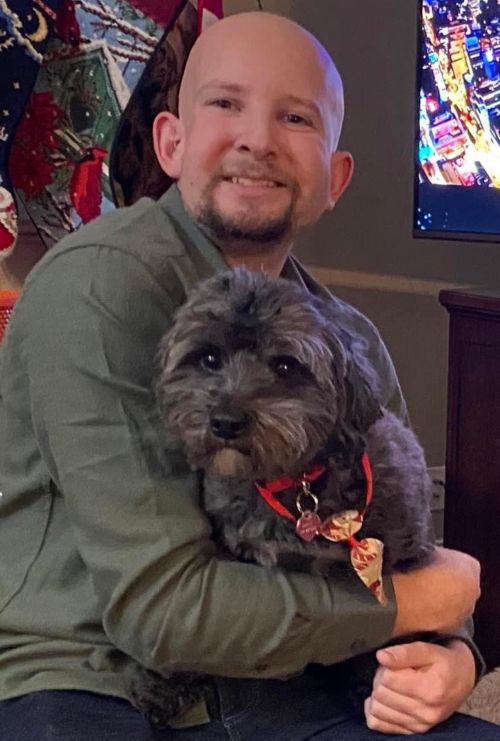Having a serious childhood illness such as cancer or a blood disorder may impact your career choices as an adult.
Some childhood illnesses and treatments can have long-term physical and mental side effects. These may affect the job functions you can perform.
Some issues may not appear until years after therapy. Common ones include problems with:
- Writing by hand
- Spelling, reading, and math
- Memory and attention
- Finding the right word choices
- Completing tasks that have multiple steps
- Organizing and planning
- Social situations
- Hearing and vision
- Physical limitations
Vocational rehabilitation programs
You may qualify for a vocational rehabilitation program. These are government services. They help people with physical, mental, and sensory disabilities prepare for and find a job. Every U.S. state has these programs.
Vocational rehabilitation programs require proof that a disability makes getting or keeping a job difficult. That proof could include:
Having an illness does not always qualify as a disability.
A hospital social worker can help you apply for vocational rehabilitation services.
Rehabilitation plan
If you qualify, a counselor will help develop a plan that may include:
- Evaluation of your strengths, resources, and job skills
- Job training
- Help with your resumé
- Interview and job-search coaching
You can also apply for financial aid for education. It can help with:
- Tuition
- Room and board
- Transportation
- Books
- Supplies
If you can't work: disability benefits
You may qualify for federal Supplemental Security Income (SSI) benefits if you cannot work due to disability.
In many states, people who get SSI benefits also get health insurance through Medicaid.
Turning 18 brings benefit changes. About 1 in 3 children with SSI benefits lose them when they turn 18. That is because the program looks at children and adults in different ways.
But some young adults qualify for benefits at 18 even though they did not get them as children. That is because, as children, their benefits were based on their parents’ income. But the SSI program considers people 18 and older to be a household of 1. That applies even if the person lives with their parents.
There are resources to help. A hospital social worker may help you apply for services.



